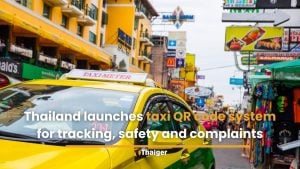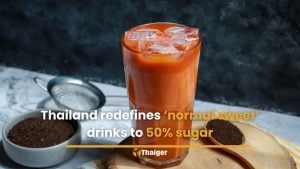10 ways Thailand is moving to a greener future
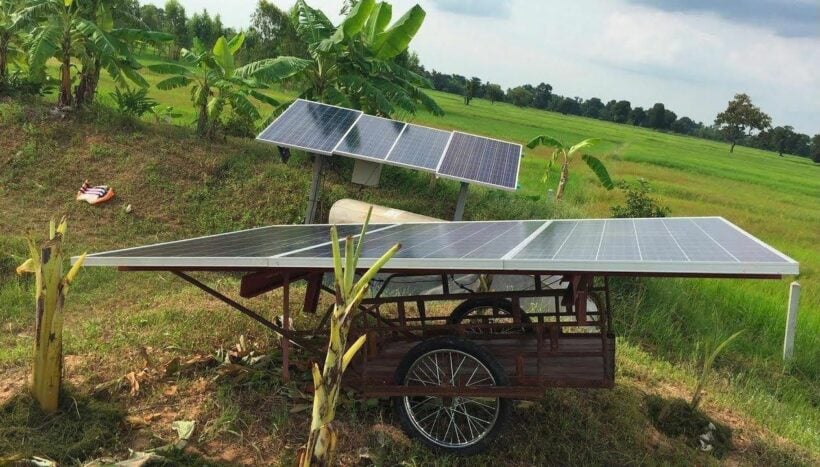
“Green” is not usually the word that comes to mind when speaking of Thailand, especially when you are speaking through a PM2.5 face mask. But with recent attempts to improve the environment and tackle waste, here are some positive changes to shift your attention from air pollution and help you feel good about the decision to live, invest, or retire in the Land of Smiles.
1. 7-Eleven and Big C don’t hand out plastic bags any more
You may have been frustrated at how 7-Eleven handed out plastic bags for something like an ice-cream (which was already in a plastic wrapper), only to be thrown away into the bin just outside the store. But since January 2020, major retailers, supermarkets, and convenience stores (including Central malls, Makro, Big C, and 7-Eleven) have stopped providing free single-use plastic bags to customers.
The ban doesn’t only reduce a huge amount of plastic waste, but it went viral after locals, expats, and tourists amused the Internet community with extremely creative alternatives. The initiative is also setting an example for smaller retailers and vendors to follow suit in the future as pressure builds on social media for all Thais to take on responsibility for fewer plastic bags in the Thai eco-system in the future.
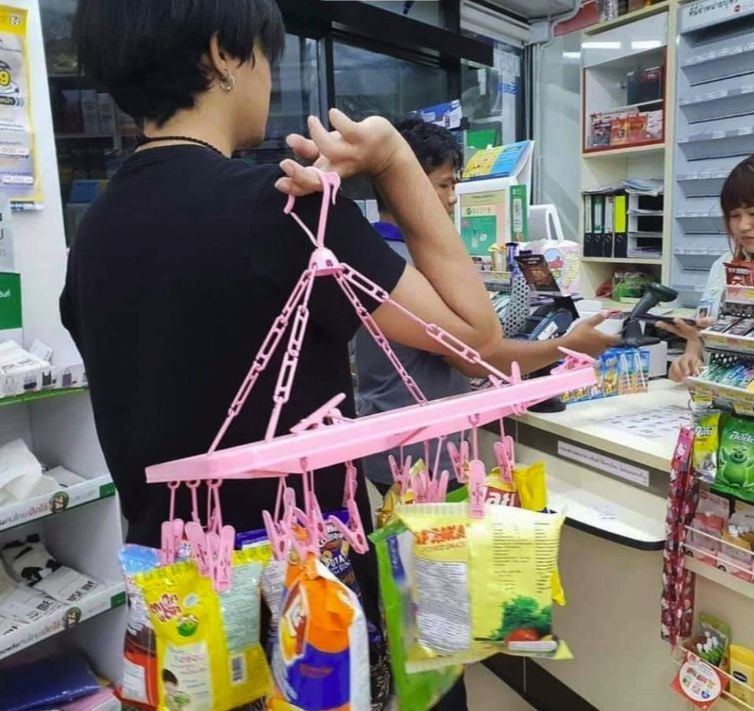
2. Phuket closes a famous island to restore marine ecology
Tourism is one of the main economic drivers for the Thai economy (around 13-15% of the Thai GDP), but unsustainability is a big issue, too. However, hopes are not lost as the country has started closing fragile destinations from tourists until nature recovers.
Maya Bay, which appeared in the Hollywood blockbuster The Beach, has been closed to the public for coral restoration since 2018. Soon, following the closure, over a hundred reef sharks returned. When it reopens in 2021 (only a tentative plan at this stage), officers will limit the number of visitors, and boats will have to access the island without throwing their anchors onto the reefs.

3. Pattaya hosts an annual carbon-neutral lifestyle event
Festivals can be fun, inspiring, and also environmentally-friendly. Wonderfruit, held annually in Pattaya, is one of the biggest lifestyle and music events in Asia that attracts expats and tourists from around the world. Many call it the “Burning Man of Asia” because, apart from the music, workshops, and diverse crowd, it also focuses heavily on sustainability; single-use cups are not allowed, and every construction is made from eco-friendly, recycled, or locally-sourced materials. Its iconic stage can be taken down and reassembled to create new shapes to reduce waste.

4. A Bangkok park helps fight floods
It’s a well-known fact among locals and expats that heavy rainfall can trigger floods in Bangkok’s streets. But an award-winning park in downtown Bangkok does an amazing job of alleviating floods while providing much-needed green spaces and providing an elevated view of the flat city.
Created to celebrate the centenary of Chulalongkorn University, Chulalongkorn Centenary Park uses large green roofs to collect and channel rainwater to the storage tanks underground for later watering use. During severe floods, the system can store up to 5 million litres of water. Couple this with Bangkok’s attempt to increase and improve access to green spaces, and you can feel a positive trend is happening.
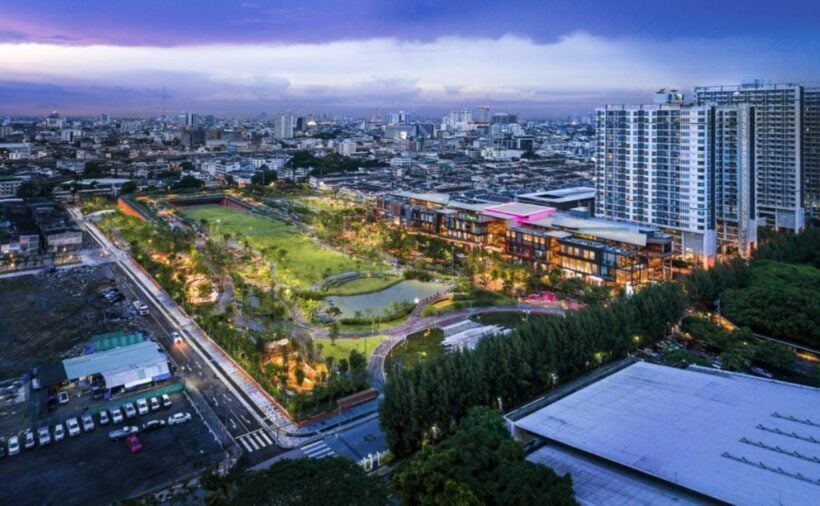
5. Starbucks and major Thai coffee shops no longer provide plastic straws
Starbucks plans to replace plastic straws with strawless lids or alternative-material ones in all of its 30,000 shops across the globe during 2020. Starbucks Coffee in Thailand began providing eco-friendly paper straws for customers on Jan 6, 2020. Similarly, Thai coffee giant Café Amazon provides biodegradable straws and compostable cups for all hot drinks. Meanwhile, Inthanin Coffee is served in cups made from 100% plant biomass. Their cups are also designed without straws.
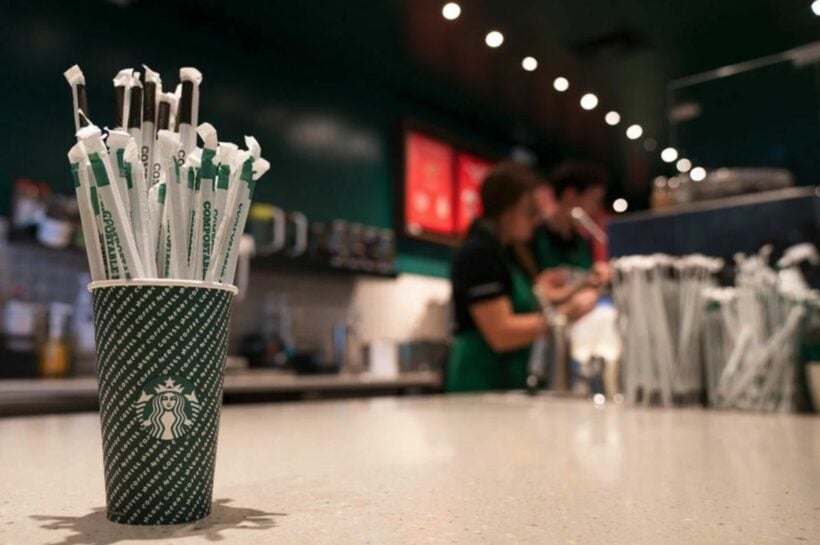
6. Thailand will ban plastic straws, cups, and styrofoam containers by 2022
Local street food and non-biodegradable consumables often come hand-in-hand. But that will change as these lightweight plastic bags, styrofoam food containers, single-use plastic cups and straws will be banned by 2022. The country has successfully banned microbead plastics in cosmetics, oxo-degradable plastics, and bottle cap seals, and has laid out a roadmap to recycle all plastic by 2027.
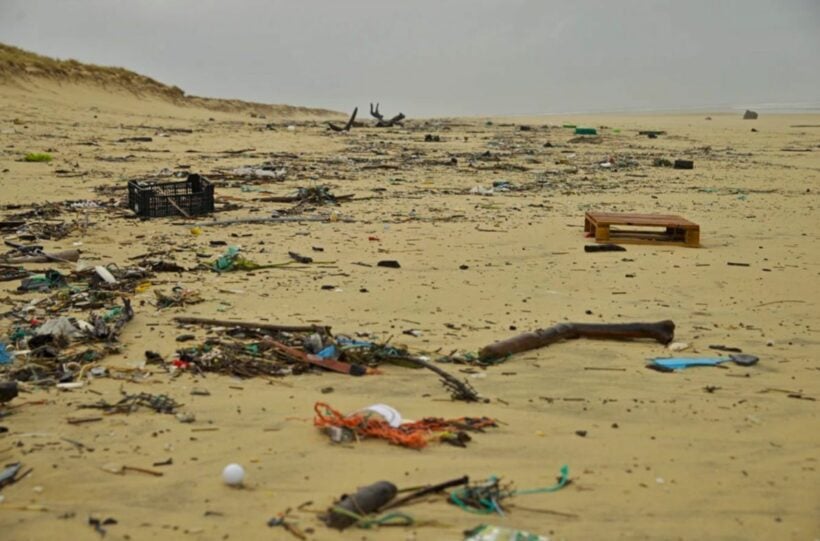
7. Artificial reefs near Koh Samui offer an exotic and eco-friendly experience
Pristine beaches, aquamarine water, and colorful marine life attract many to Thailand. Luckily, many also take part in protecting this ecology. The party island of Koh Pha Gnan near Koh Samui, for instance, has a new diving landmark that looks like small oil rigs. They are the prototypes to prove the viability of the plan to reuse old oil rigs in Thailand.
The artificial reefs near Koh Samui can help lower the impact on authentic reefs and offer a new experience for divers as well as prevent destructive fishing when fishermen drag a large net across the seafloor. The artificial reefs were placed underwater in Ao Chaloklum Bay and attract young corals and many species of fish.
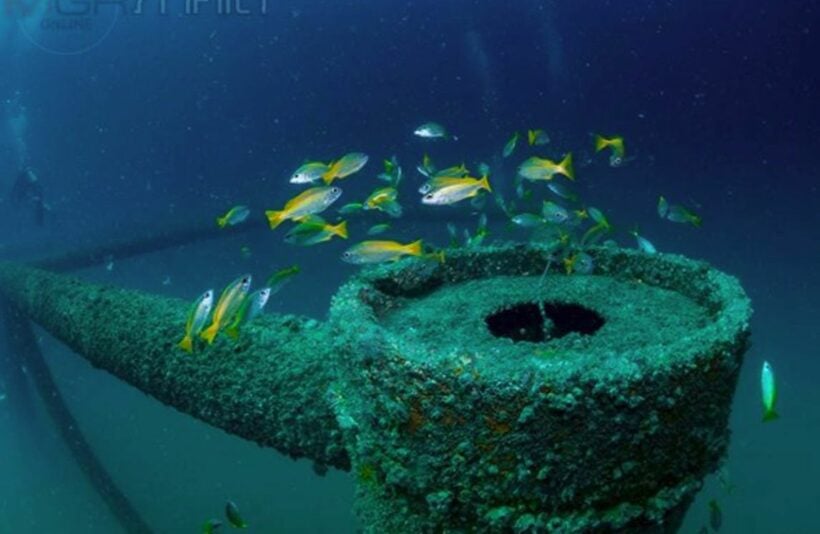
8. The government is going paperless
The amount of paperwork required when contacting state agencies can be bewildering and is certainly unsustainable. However, this is changing. State agencies in Thailand have pledged to digitise their documents and will no longer require stacks of paper documents.
Thailand’s Board of Investment (BOI), for example, now offers work permits and long-term visas in digital formats and an online visa and work permit application platform for BOI companies – there’s no printed version. This doesn’t only cut down on numerous paper forms, but also makes it much more convenient for expats who now have digital work permits and visas with them all the time on their phones.
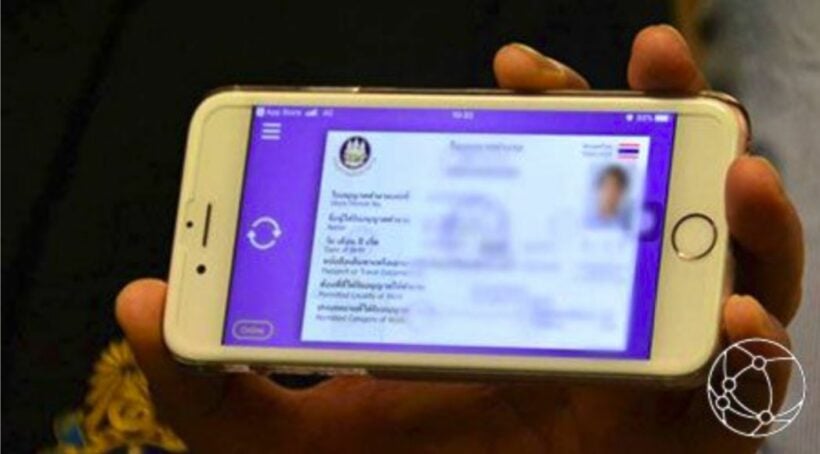
9. “Kayaking For Chao Phraya” fights river dumping
There are many trash collection heroes and beach cleanup groups in Thailand. But “Kayaking for Chao Phraya” is one of the biggest events when it comes to river cleaning and anti-river dumping campaigns in Thailand. Led by a prominent professor at Thammasat University, Thai and foreign volunteers kayak and collect rubbish they find along the Chao Phraya river. The journey is about 400 kilometres long and takes about 10 days to complete. The trash they collect is weighed, sorted, and recycled.
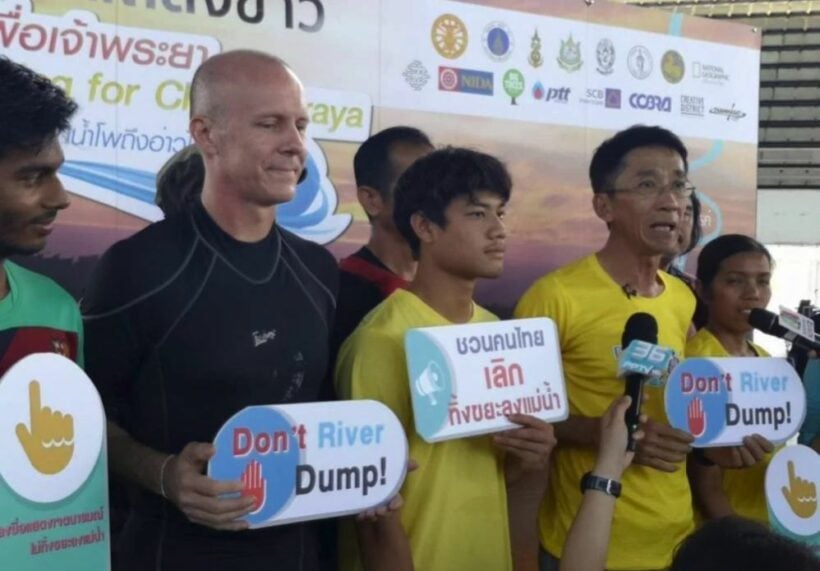
10. Thailand has amended a law to help increase forest cover
Illegal logging can threaten forests that are home to exotic wildlife, unique to Thailand. To ease illegal logging, the country has amended the Forest Act to allow planting and felling of precious trees, such as teak, on private land and provides free sprouts to farmers. This initiative is part of the goal to increase forest cover from 31.6% to the target 55% by 2037.
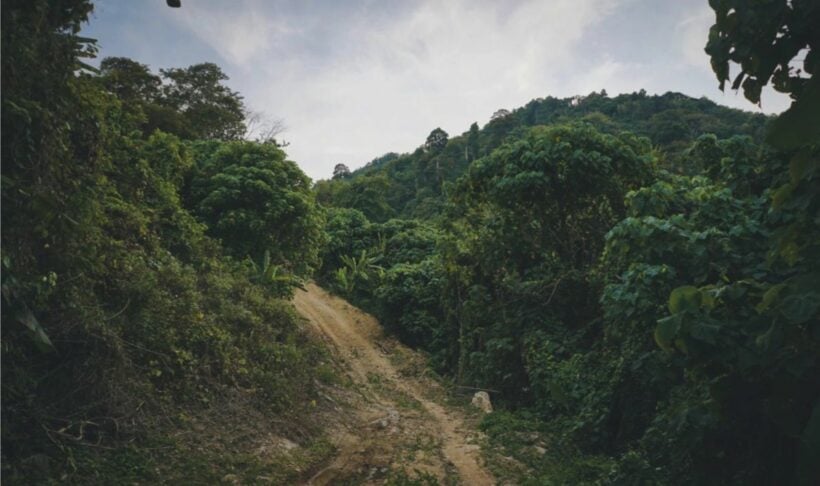
With these positive initiatives from locals, expats, private companies, and the government to be more sustainable, Thailand will remain an ideal place to live and retire, in the future.
If you’d like to check out homes, villas, condos and other property all around Thailand, to live in or for investment, go to FazWaz.com
Latest Thailand News
Follow The Thaiger on Google News:





